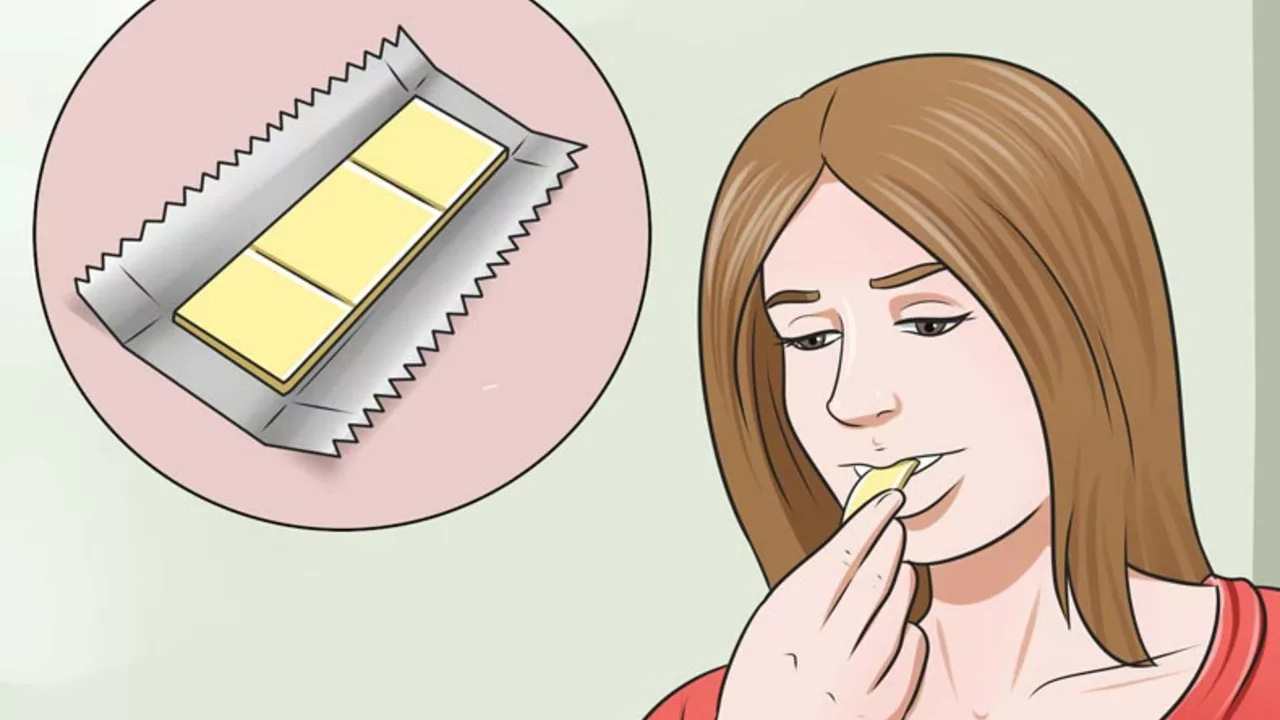Coping Strategies for Everyday Health Challenges
Dealing with a new diagnosis, side‑effects, or just the everyday stress of staying healthy can feel overwhelming. The good news? You don’t need a PhD to find ways that make life easier. Below are straight‑forward coping strategies you can start using today.
Simple habits that boost resilience
First, focus on tiny daily actions. A five‑minute morning stretch wakes up your body and reduces tension before the day begins. Pair it with a glass of water – hydration improves mood and helps medicines work better. Try writing down three things you’re grateful for each night; this shifts your brain away from worry and toward positivity.
Next, set realistic goals. Instead of “exercise more,” aim for a 10‑minute walk after dinner twice a week. Small wins add up and keep motivation high. Use phone reminders or a simple sticky note on the fridge – the cue is all you need to act.
How to use coping tricks with medication routines
Medication can be a source of anxiety, especially if you’re unsure about side‑effects. Create a “med kit” that includes the pill bottle, a water glass, and a brief note on why you take it. Keeping everything together reduces the chance of missed doses.
If you notice an uncomfortable reaction, don’t ignore it. Write down when the symptom started, how intense it is, and what you ate that day. This log helps your doctor spot patterns fast, and it gives you a sense of control over the situation.
Another tip: pair medication with a pleasant routine. Take your pill with your favorite podcast or while watching a short comedy clip. The positive association makes the act less clinical and more habit‑forming.
When stress spikes, practice the “4‑7‑8” breathing technique – inhale for 4 seconds, hold for 7, exhale for 8. Do it three times before checking your meds or before a doctor’s appointment. It slows heart rate and clears mental fog, so you can ask clear questions.
Support networks matter too. Text a friend or join an online group that discusses the same condition. Sharing experiences removes the feeling of being alone and often brings practical tips you wouldn’t have found on your own.
Finally, give yourself permission to rest. If a day feels too heavy, skip non‑essential tasks and focus on recovery. Recovery isn’t lazy – it’s essential for long‑term coping.
Putting these strategies together creates a toolkit you can pull from whenever health worries arise. Start with one habit, add another next week, and watch how quickly life feels more manageable.
Dry Mouth and Menopause: What to Expect and How to Cope
In my recent post, I discussed the common yet often overlooked symptom of menopause - dry mouth. The hormonal changes during menopause can often lead to decreased saliva production, causing discomfort and other oral health issues. I also explored various ways to manage this condition, such as staying hydrated, using saliva substitutes, and maintaining good oral hygiene. Furthermore, I highlighted the importance of regular dental check-ups for early detection and prevention. It's essential to understand what to expect during menopause and how to effectively cope with its symptoms.
Homesickness vs. Travel Sickness: How to Tell the Difference
As a seasoned traveler, I've experienced both homesickness and travel sickness. Homesickness is a longing for the familiarity and comfort of home, while travel sickness is a physical discomfort caused by motion during travel. I've found that it's essential to understand the difference between the two to properly address them. For homesickness, staying connected with loved ones and creating a home-away-from-home environment can help. In contrast, travel sickness can be managed with medication and other remedies like ginger or acupressure bands.

